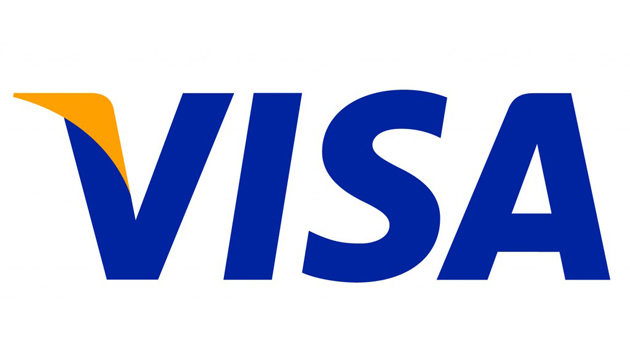From: PR Watch
Financial
services company Visa has dropped its membership in the American
Legislative Exchange Council (ALEC), providing further evidence of
ALEC's dwindling membership in the wake of a major expose by The Guardian.
Visa (whose slogan is "everywhere you want to be") made the
announcement to Boston Common Asset Management, which had been engaging
with Visa over the past year on lobbying disclosure.
 CMD
counted 50 corporations that had publicly dropped their ALEC
membership, but according to internal ALEC documents published by The Guardian,
ALEC estimates they've lost around 60 corporate members in the past two
years, in the fallout over ALEC's role in promoting Stand Your Ground
legislation, voter ID, and an array of other controversial bills. As a
result of that shrinking roster of corporate members, "in the first six
months of this year [ALEC] suffered a hole in its budget of more than a
third of its projected income," The Guardian reports.
CMD
counted 50 corporations that had publicly dropped their ALEC
membership, but according to internal ALEC documents published by The Guardian,
ALEC estimates they've lost around 60 corporate members in the past two
years, in the fallout over ALEC's role in promoting Stand Your Ground
legislation, voter ID, and an array of other controversial bills. As a
result of that shrinking roster of corporate members, "in the first six
months of this year [ALEC] suffered a hole in its budget of more than a
third of its projected income," The Guardian reports.
Visa's departure won't help close up those budgetary gaps. In
addition to supporting ALEC through its membership dues and
participation in the Commerce, Insurance, and Economic Development Task
Force, Visa was a "Chairman" level sponsor of 2011 ALEC Annual
Conference, which cost $50,000 the previous year. It also sponsored a
Plenary Session at the 2011 meeting featuring FreedomWorks founder Dick
Armey.
Visa is leaving ALEC just one year after Visa's Vice President of
State Relations, Paul Russinoff, received ALEC's "Private Sector Member
of the Year" award.
At ALEC's August 2010 meeting, Visa's Russinoff proposed a bill
called the "Electronic Pay Free Choice Act" that would allow employers
to pay workers with fee-laden payroll debit cards. Despite using the
euphemism "Free Choice," under the legislation, an employer can force a
worker to accept pay via a debit card if they do not have a bank
account.
As the New York Times put it,
for workers who are paid with payroll debit cards, "to get their wages,
they must first pay a fee." Workers must use an ATM to withdraw their
pay, and are hit with fees that "can take such a big bite out of
paychecks that some employees end up making less than the minimum wage
once the charges are taken into account," the Times reported.
The bill passed
the private sector unanimously, and passed the public sector with two
dissenting votes. Visa also paid to sponsor a workshop at that meeting.
Similar legislation has become law in around a dozen states, according to some estimates.
Visa's departure comes after more than a year of engagement from
Boston Common Asset Management over the company's lobbying and political
activities, says Lauren Compere, managing director of the socially
responsible investment firm.
"We're pleased that Visa has taken this step," Compere said. "Visa
reassessed their position in ALEC and decided to withdraw, as many
companies have."
As a result of Boston Common's negotiations, Visa now conducts an
annual assessment of whether its lobbying priorities align with the
company's mission, and discloses its membership in organizations that
promote model legislation. Under the "lobbying" section of Visa's
corporate accountability page, the company now states: "With regard to
tax exempt organizations that write and endorse model legislation, other
than the Council of State Governments, we are not currently a member of
any such organization."
Center for Media and Democracy's Executive Director Lisa Graves also heralded Visa's departure from ALEC as a positive step.
"We applaud Visa for following the lead of dozens of other
corporations that have stopped bankrolling ALEC and its agenda that
harms working families and the environment and its operations and its
corruption of the democratic process with undisclosed lobbying and gifts
to lawmakers." she said.
No comments:
Post a Comment